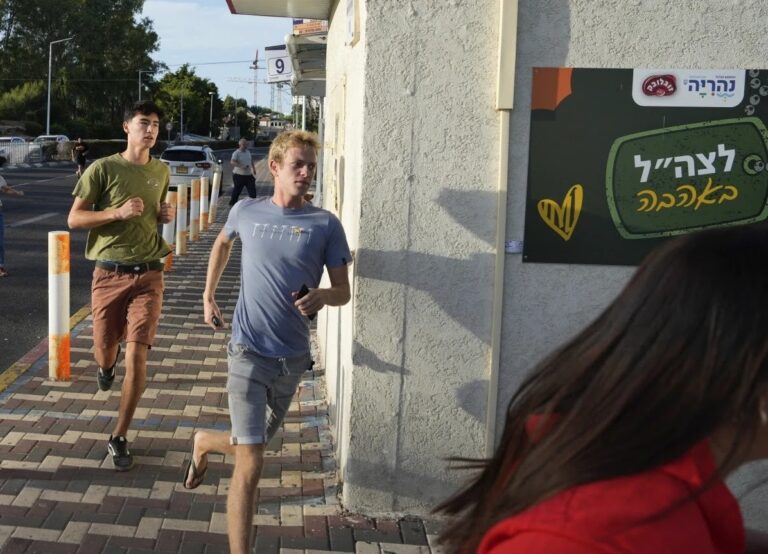 After Minister of Religious Services Yaakov Margi announced this week that rabbonim affiliated with the dati leumi Tzohar organization will no longer be permitted to conduct a chupah, Tzohar officials began preparations for challenging the decision.
After Minister of Religious Services Yaakov Margi announced this week that rabbonim affiliated with the dati leumi Tzohar organization will no longer be permitted to conduct a chupah, Tzohar officials began preparations for challenging the decision.
It appears that the Shas-affiliated minister is immune to the harsh negative press, as well as having an immunity to the horror stories of so many couples describing the realities of dealing with the state’s Chief Rabbinate, but Tzohar may be heading to the Supreme Court, armed with what many feel is a good case claiming discrimination.
At present, badatzim including the Eida Chareidit and Belz are permitted to conduct weddings, as well as registering couples with state agencies – which includes the paperwork required for the Rabbinate and other state agencies. This reality also includes the Bnei Brak Beis Din of HaGaon HaRav Nissim Karelitz Shlita.
Tzohar is questioning why the ‘badatzim, which are not state agencies are permitted to marry couple when the minister told Tzohar they many not, resting his case on the fact that Tzohar rabbonim are not sate employees, as the law demands.
In the case of the Eida, that particular badatz has been performing chupahs and registering weddings since the pre-state days. The others mentioned were accepted as legitimate after the creation of the state.
According to a report in the weekly BaKehilla, Prime Minister Binyamin Netanyahu has already been warned by the Bayit HaYehudi Party, viewed as the political arm of Tzohar, and Yisrael Beitenu. This is in addition to reactions from many politicians, from a number of parties, decrying the decision which they view as a major blow to the dati leumi community.
One absurd fact many point out is the fact that the overwhelming number of Tzohar rabbonim who have been performing weddings have their smicha (rabbinical ordination) from the Chief Rabbinate of Israel, questioning how that same agency has problems with their conducting a chupah.
In all likelihood, Minister Margi has not heard the end of Rabbanei Tzohar.
(YWN – Israel Desk, Jerusalem)










